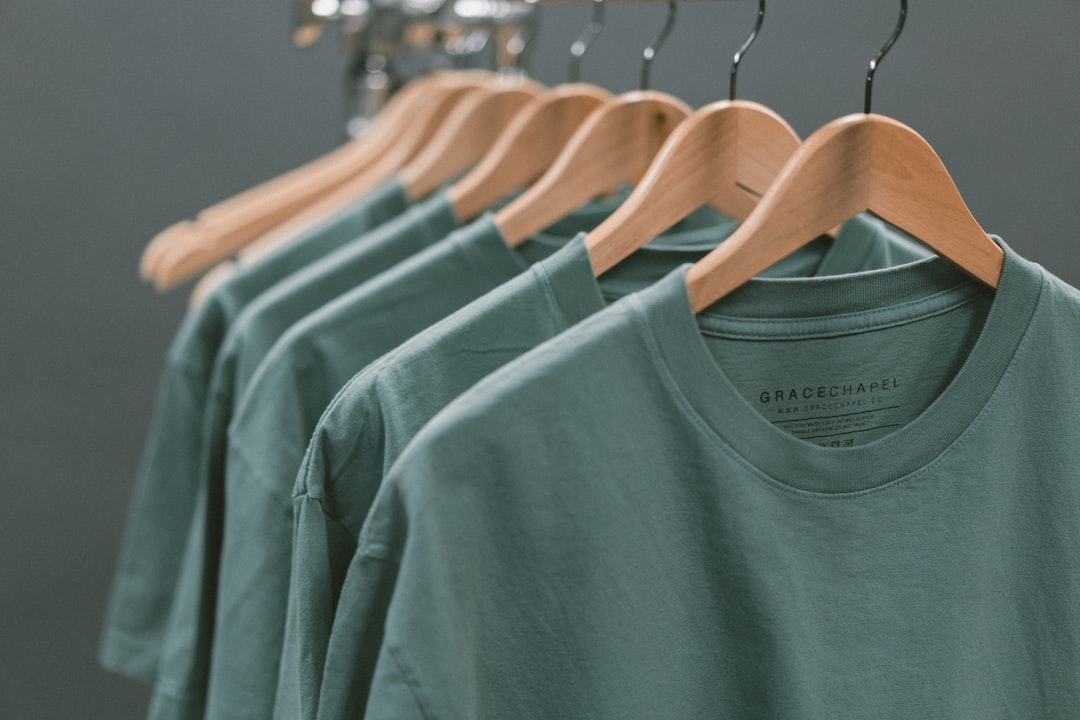The Impact of Sustainable Fashion: Ethical Brands to Support
In recent years, the fashion industry has come under scrutiny for its detrimental impact on the environment and human rights. The fast-fashion business model, characterized by rapid production and consumption, has led to excessive waste, exploitation of workers, and pollution. However, a growing movement towards sustainable fashion has emerged, which aims to address these issues through ethical and environmentally-friendly practices. By supporting and championing ethical brands, we can contribute to a more sustainable and responsible fashion industry.
One of the key aspects of sustainable fashion is the use of environmentally-friendly materials. Ethical brands prioritize the use of organic, recycled, and biodegradable fabrics, which have a significantly lower impact on the planet compared to traditional materials like polyester or leather. For instance, brands like Patagonia and tentree use recycled polyester made from plastic bottles and organic cotton respectively to reduce their reliance on non-renewable resources. By supporting these brands, we are actively reducing the demand for harmful materials and promoting the use of sustainable alternatives.
In addition to choosing eco-friendly materials, ethical brands also focus on fair labor practices. This means ensuring that workers involved in the production process are paid fair wages, work in safe conditions, and are not subjected to exploitation. Brands like Everlane and People Tree prioritize transparency and fair treatment of their workers by partnering with factories that adhere to strict ethical standards. By supporting these brands, we can help create a more equitable fashion industry that respects and values its workers.
The impact of sustainable fashion goes beyond environmental and social aspects, it also extends to the overall health and well-being of individuals. Traditional fashion often relies on harmful chemicals and dyes in the manufacturing process, which can have negative health effects on both workers and consumers. Ethical brands like Organic Basics and Reformation prioritize the use of non-toxic materials and dyes to ensure that their products are safe for both the people who make them and the people who wear them. By supporting these brands, we can make a conscious choice to prioritize our health and well-being.
Furthermore, sustainable fashion encourages a more circular economy by promoting longevity and recycling of clothing. Fast fashion has created a culture of disposable fashion, where clothes are worn only a few times before being discarded. Ethical brands like Eileen Fisher and PACT Apparel focus on creating timeless, high-quality pieces that are designed to last. They also offer recycling programs or take-back initiatives to ensure that garments are properly disposed of at the end of their life cycle. By supporting these brands, we are contributing to the reduction of textile waste and fostering a more sustainable approach to fashion.
In conclusion, sustainable fashion has a profound impact on the environment, workers, and consumers. By supporting ethical brands that prioritize environmentally-friendly materials, fair labor practices, and overall health and well-being, we can contribute to a more sustainable and responsible fashion industry. The choices we make as consumers have the power to shape the future of fashion, and by actively supporting ethical brands, we can be part of the movement towards a more sustainable and conscious world.


